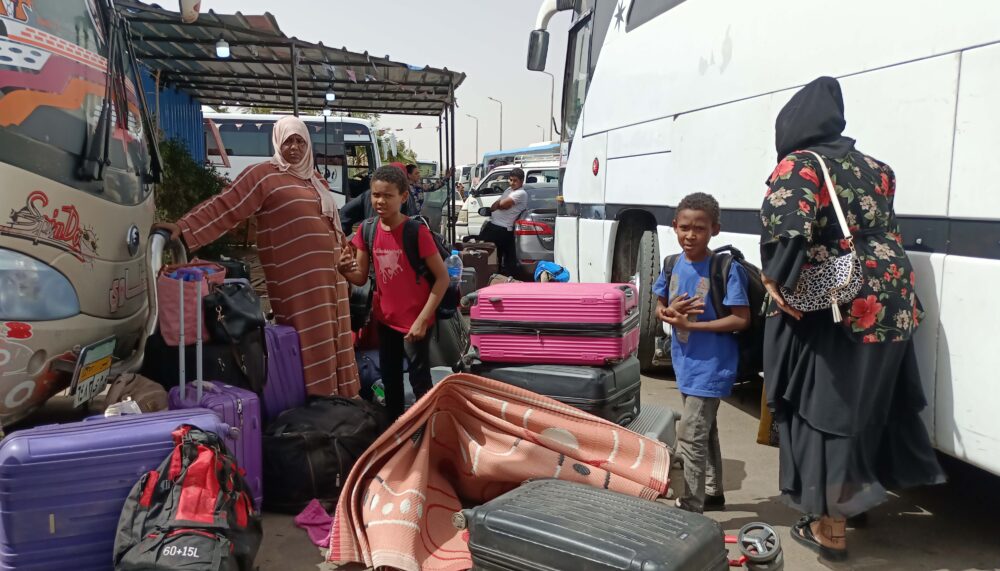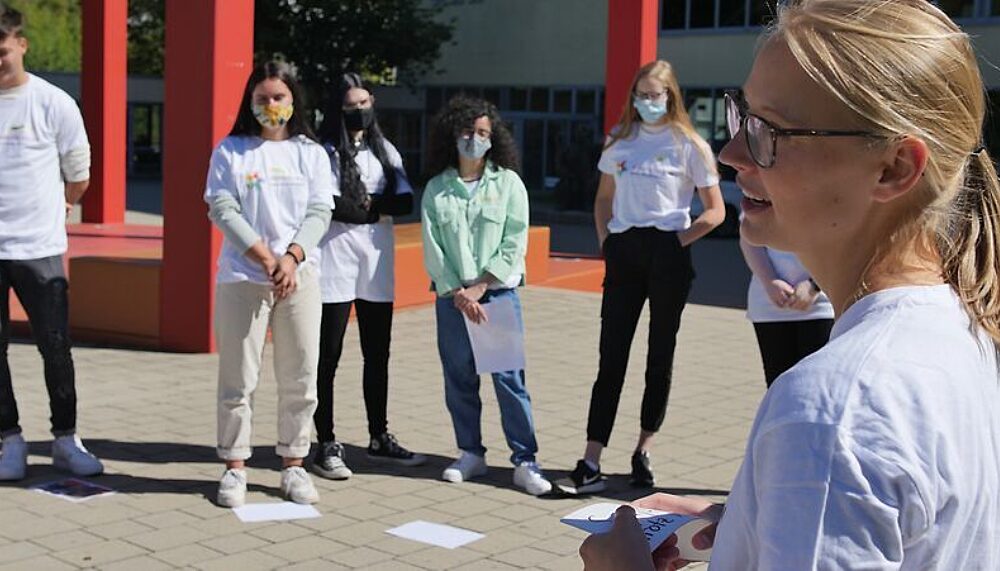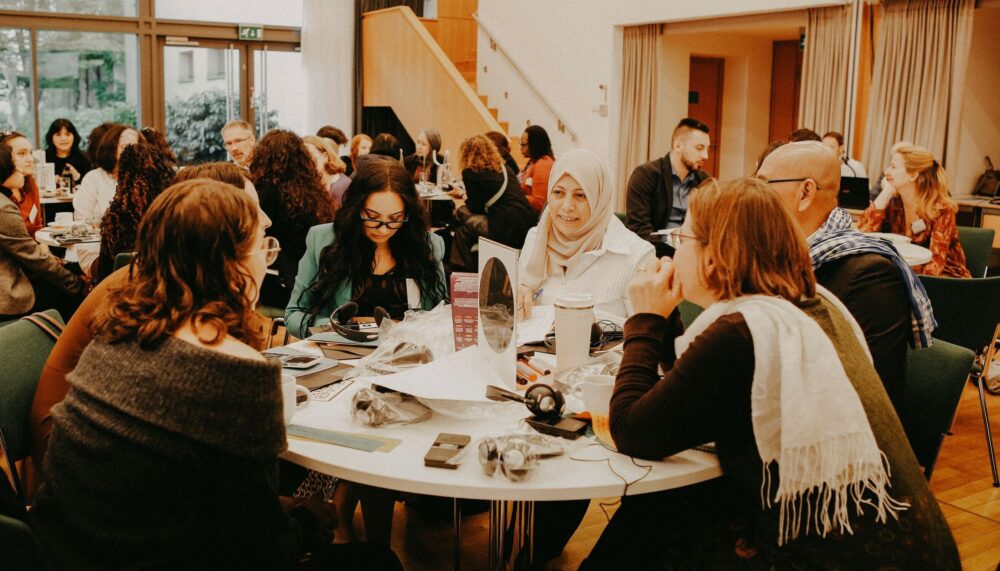BLOG POST | 23 Feb 2024
Sudan's deadly conflict
The urgent need for international intervention

The conflict in Sudan has led to a humanitarian crisis. Our Sudan expert outlines why the international community needs to step in to avoid global ramifications.
By Hani Ahmed
Hani Ahmed is a visiting fellow at the Berghof Foundation from the CrossCulture Programme of the Institut für Auslandbeziehungen (IFA). He is a researcher on peace and security in the Horn of Africa.
The demonstration of strength between two armed actors in Sudan, the Sudanese Armed Forces (SAF) and Rapid Support Forces (RSF), has resulted in one of the worst humanitarian crises of our time. Since the outbreak of the current conflict in mid-April 2023, over 5,000 events of political violence have claimed the lives of more than 14,600. As a result, 7.7 million people have been displaced from their homes within and outside of Sudan and 24.8 million people – half of the country’s population – need urgent humanitarian support. Khartoum and the Darfur region account for the majority of the confirmed cases of displacement and deaths. Reports indicate that the RSF and its allied Arab militias have committed ethnic cleansing against the non-Arab Masalit ethnic group.
The violent conflict has further weakened and destroyed state institutions, which were already fragile before the war. Health and education systems have almost collapsed entirely with 70 per cent of health facilities in conflict zones having been destroyed and 19 million children being forced out of school. Amid the crisis, the SAF has relocated the state capital from Khartoum to Port Sudan. There are concerns that the RSF, which also controls large swathes of land, may attempt to establish its own capital, a move that would officially divide the country into two. Moreover, RSF’s further expansion into the traditionally influential riverine states that held Sudan’s military, political, cultural and business elites will lead to fierce opposition from the local population. This could drag the country into a protracted and bitter war for many years to come, ultimately resulting in a failed state.
State failure in Sudan would have disastrous regional and global ramifications. As the number of militias and people carrying arms continues to grow, the risk of warlords vying for power and control over resources increases. If Sudan becomes ungovernable, it could result in being a safe haven for extremist groups, which would further destabilise the Horn of Africa, the Sahel and Northern Africa. The presence of a failed state on the shores of the Red Sea, a critical maritime trade route, could pose a similar threat as the current Yemeni Houthi attacks on maritime ships.
Despite the gravity of the humanitarian crisis, war crimes and the threat to regional and global peace, the conflict in Sudan has received remarkably little international attention. Efforts to mediate the warring parties have been contradictory and inadequate. At this critical juncture, the international community, regional organisations and neighboring states must play a more decisive role in ending the conflict, providing humanitarian relief and preventing the collapse of the country.
At this critical juncture, the international community must play a more decisive role in ending the conflict and saving the country from collapse.
The United States has traditionally played a proactive role in Sudan, but is currently focused on the conflicts in Gaza and Ukraine. At the very least, the US should prioritise Sudan and appoint a special envoy. This should be followed by convening face-to-face meetings between the two generals of SAF and RSF to facilitate dialogue, advocate for an unconditional ceasefire and exert pressure on those enabling the warring parties to stop fueling the conflict. Additionally, efforts to engage with civilian forces must be intensified to pave the way for a democratic and inclusive future for the country.
With the threat of famine looming, the humanitarian community must accelerate its efforts to reach millions of Sudanese people who are in desperate need of assistance. The European Union, which is a potential destination for millions of refugees fleeing the war, should increase its support for ongoing humanitarian initiatives and sanction different entities exacerbating the war.
No conflict in the Horn of Africa has occurred without either covert or overt intervention from a neighboring country. Currently, tensions in the region are high after Ethiopia signed a memorandum of understanding with Somalia’s breakaway region, Somaliland, for access to the Red Sea. This geopolitical tension not only diverts attention from the crisis in Sudan but it could also lead to the formation of an alliance of Somalia, Egypt, Eritrea and potentially Saudi Arabia on one side, and Ethiopia, the United Arab Emirates, and Somaliland on the other. If the SAF and RSF were to join these alliances, it would significantly threaten regional peace and security. The Intergovernmental Authority on Development and the Arab League should intensify efforts to alleviate the political tensions and remind their respective member states to refrain from engaging in a proxy wars in Sudan.
Media contact
You can reach the press team at:
+49 (0) 177 7052758
email hidden; JavaScript is required


